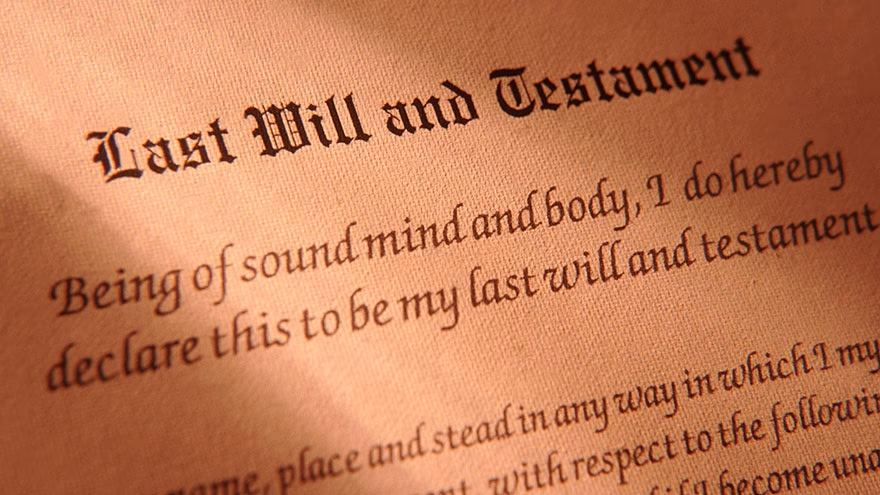
History
The duties of a personal representative were developed as a part of English common law. The English law developed the concept of a "fiduciary," which was a person who was given control over someone else's property.
Who
Anyone can serve as a personal representative, but they must be approved and appointed by a court of law. Generally, the person who serves as representative is named in a will or trust.
Duties
In general, a representative must locate and take control of all estate assets, manage the assets of the estate, pay the debts of the estate, appraise the assets of the estate, dispose of the assets as required by the will or trust, handle any claims against the estate, pay all estate taxes and close the estate.
Standards
The personal representative is expected to be loyal to the interests of the estate and to the wishes of the decedent. They must not put their own interest before that of the estate, and must not personally profit from the estate.
Time Frame
A personal representative serves from the time they are appointed to the the closing of probate. A probate can last anywhere from a few months to several years, depending on the issues the estate runs up against.
You Might Also Like :: How to Assign Power of Attorney
Save for later
Found this helpful?
Pin this article to your Pinterest board and come back to it whenever you need a reminder.
Save to Pinterest


